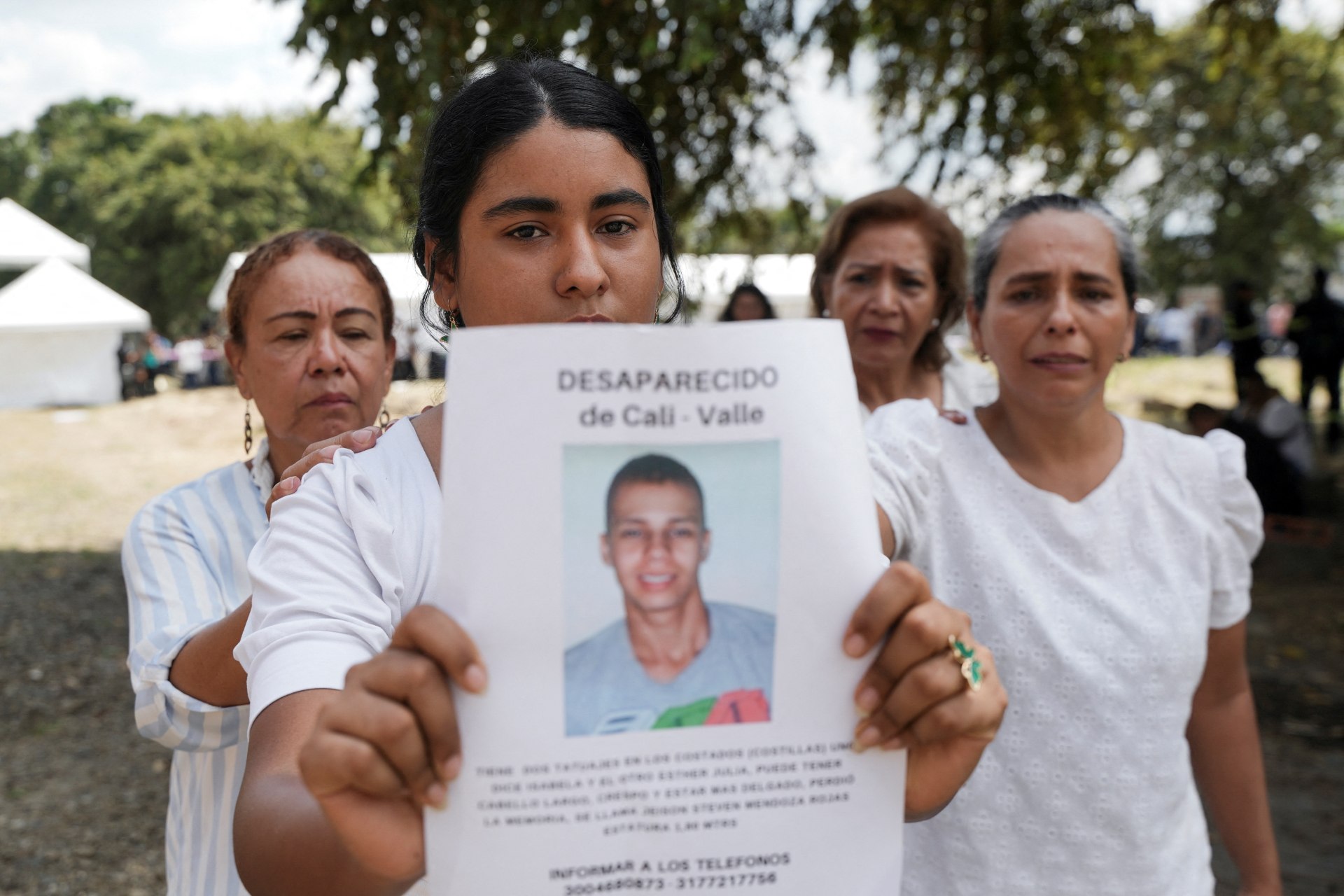Why Health Is Important to U.S. Foreign Policy
BY
- Jordan S. Kassalow
Overview
The United States can gain significant domestic and international advantages by placing health squarely on its foreign policy agenda. According to this report, supporting public health worldwide will enhance U.S. national security, increase prosperity at home and abroad, and promote democracy in developing countries and those in transition.
Emerging risks to the health and security of Americans make it prudent policy to grant higher priority to health in these countries, according to this report. In addition to the threat of the deliberate spread of disease through biological weapons, Americans may now be at greater risk than at any time in recent history from recognized and emerging infectious diseases. The rising incidence of life-threatening chronic diseases in developing countries adds to the problem. Lack of attention to the burden of disease in these countries, which receive 42 percent of U.S. exports, may depress demand for those goods and services and thus threaten the jobs of Americans.
This special report suggests that responding to these health and political risks requires the addition of new foreign policy tools: debt relief, improved global disease surveillance systems, investment in health education and information technology, workforce training, immunization and other methods of disease prevention, building and equipping facilities for prevention and treatment, and increasing access to affordable treatment and care.t





